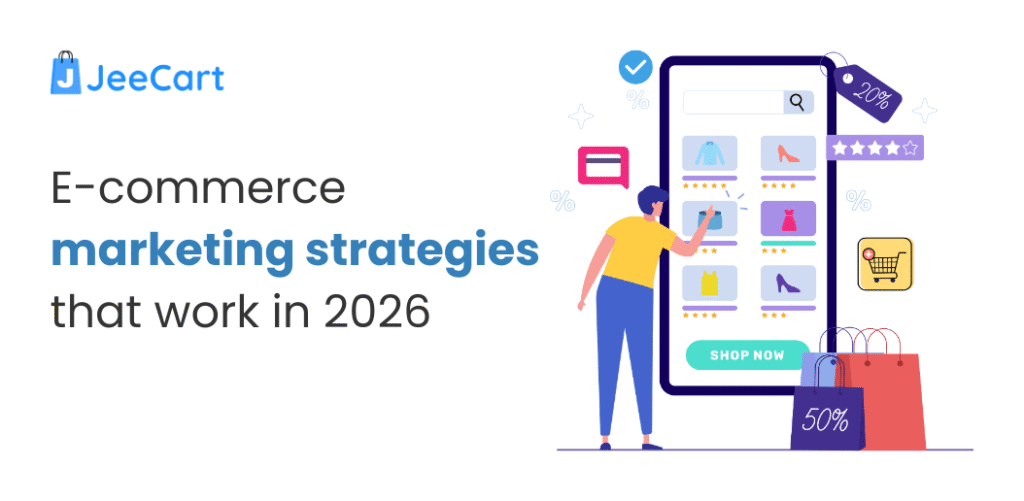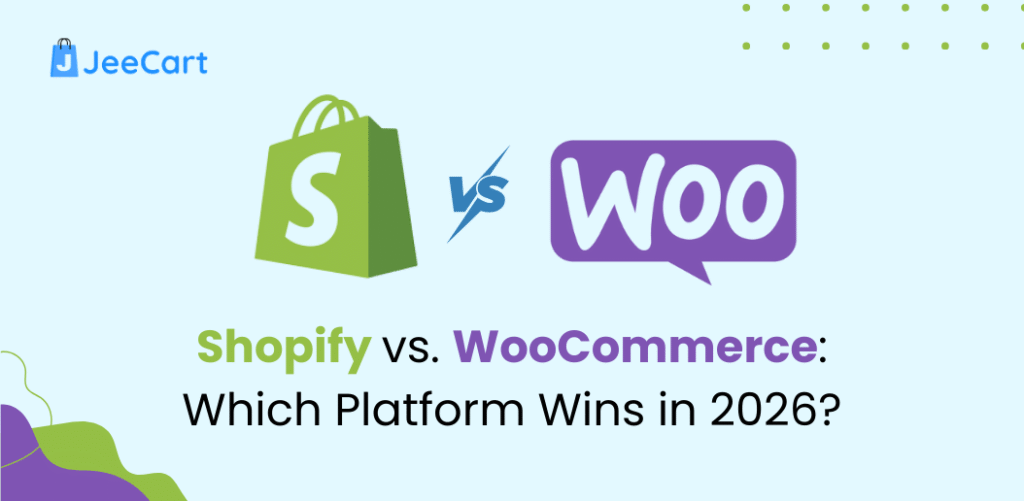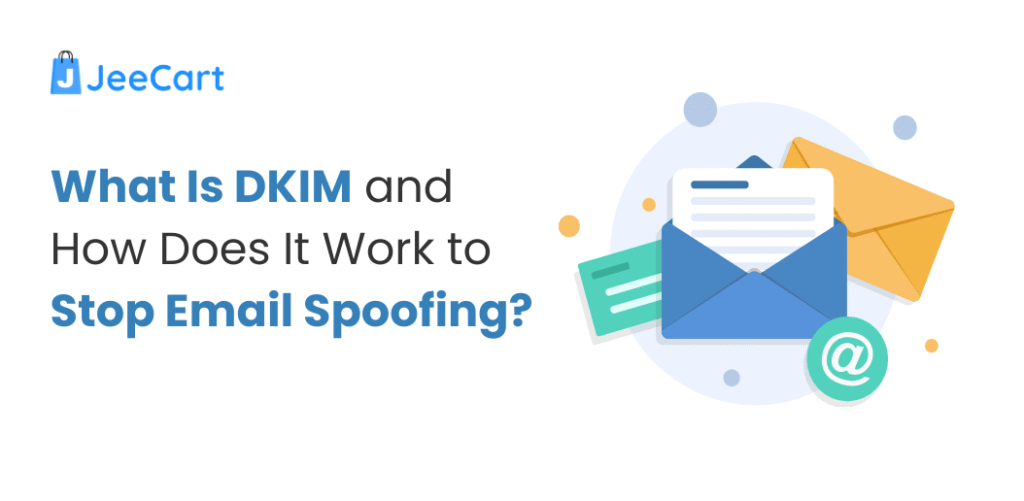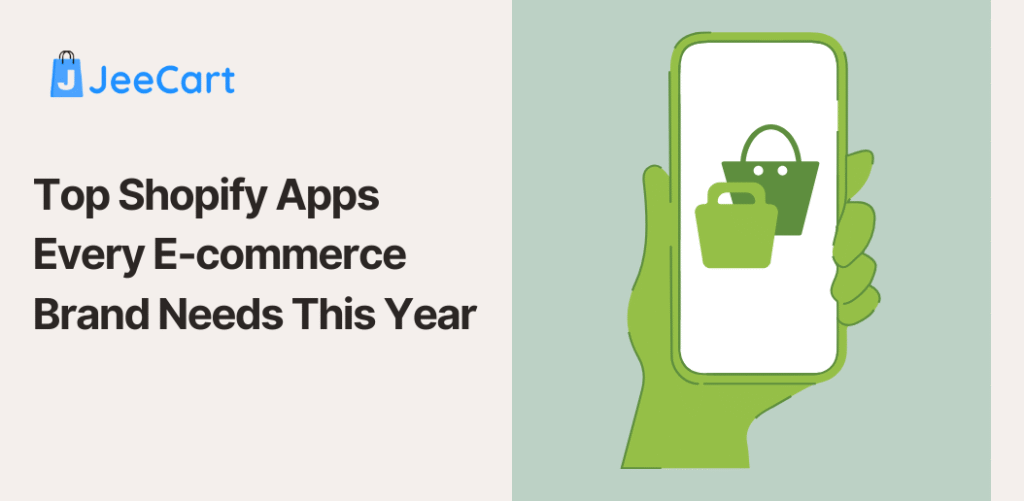
Last week, a friend told me he’d been dating his AI girlfriend for six months. “She’s perfect,” he said. “She gets me.”
Three months later, he deleted the app. Not because it stopped working. Because he stopped working.
Each AI girlfriend app promises something seductive: a relationship without risk. No chance of rejection. No fear of being misunderstood. Just pure, uncomplicated connection whenever you want it. Over 10 million people have already said yes to that promise.
But my friend learned what the marketing doesn’t tell you. The easy path often leads somewhere you didn’t mean to go. Here are three reasons why that “perfect” relationship might cost more than you think.
Your Emotions Need Resistance to Grow
Remember learning to ride a bike? You fell. A lot. Your knees got scraped. You wanted to quit. But those falls taught you balance in a way watching YouTube tutorials never could.
Your emotional life works the same way.
When your AI girlfriend never disagrees, never misunderstands you, never has a bad day that affects your plans. You’re riding a bike with training wheels that never come off. It feels safe. It feels good. But you’re not actually learning to balance.
Real love requires skills you can only build through friction. Admitting when you’re wrong. Sitting with someone else’s anger without trying to fix it instantly. Asking for what you need even when it feels vulnerable. These moments suck in the present but build the person you become.
My friend realized he’d spent six months having deep conversations with his AI, but when his actual friend going through a divorce needed support, he froze. The empathy muscles had atrophied. He’d been practicing connection on easy mode so long that real mode felt impossible.
You can’t build emotional strength in a gym without weights.
Real People Start Looking Like Defective Products
Here’s what happened to Marcus, a guy who used an AI girlfriend for nine months.
He matched with a woman on a dating app. Great profile. Like many cautious users today, he even performed a quick face search to verify her other social profiles and ensure she was a real person before their first meeting. They met for coffee. The conversation was flowing, then she mentioned she needed to leave in an hour because she had plans with friends.
Marcus felt a flash of resentment. Like she was being difficult on purpose.
“That’s when it hit me,” he told me. “I was actually annoyed that this woman had her own life. My AI girlfriend was available whenever I opened the app. This felt like… rejection? Even though it obviously wasn’t.”
This is the invisible cost nobody warns you about. Your brain learns a new baseline for “normal relationships.” Normal becomes: instant availability, perfect attunement to your mood, zero inconvenient needs of their own, complete flexibility around your schedule.
Then you meet actual humans, and they feel… glitchy. Like defective versions of what you’ve come to expect. She has plans on Saturday? Seems selfish. She needs a night to herself? Seems distant. She disagrees about which movie to see? Seems difficult.
But none of those things are defects. They’re called being a separate person.
You’re Building a Habit of Running Away
Jake started chatting with his AI girlfriend during a rough breakup. He was hurt and needed comfort. He wanted to feel desired again without the risk of another heartbreak.
One year later, he was still talking to her daily. The breakup was long over. He’d healed. But the app remained.
“It became my go-to,” he explained. “Bad day at work? Talk to her. Bored on the couch? Talk to her. Feeling lonely? Talk to her. It was like having an emotional vending machine in my pocket.”
The problem wasn’t that he used it. The problem was why he kept using it.
Every time something uncomfortable came up—anxiety about asking someone out, fear of being vulnerable, worry that he wasn’t interesting enough. He had an easy escape hatch. The AI girlfriend didn’t solve his loneliness. She just made it comfortable enough to live with indefinitely.
Psychologists call this “avoidant coping.” You’re not dealing with the thing. You’re numbing yourself to the thing. And every time you choose the comfortable option, you’re training your brain: when life gets hard, run here. Don’t face it. Don’t push through it. Just… run.
Jake realized he hadn’t asked anyone out in a year. Hadn’t made a new friend. Hadn’t joined that rock climbing gym he kept talking about. He wasn’t living his life anymore. He was maintaining it. There’s a difference.
The discomfort you’re avoiding? That’s not the enemy. That’s the starting line.
What This Actually Means for You
I’m not going to tell you AI girlfriends are evil or that you’re a bad person for wanting one. Loneliness hurts. Connection feels good. And if an app can ease that pain, who am I to judge?
But here’s what I know after talking to dozens of people who’ve walked this path: the relief is temporary, but the side effects compound.
You think you’re just chatting with an app. But you’re also training your brain about what relationships should feel like, what you deserve to expect from others, and what you do when things get uncomfortable. Those lessons stick around long after you close the app.
If you’re considering an AI girlfriend, ask yourself one honest question: Am I using this to help me build toward real connection, or am I using this to avoid it?




